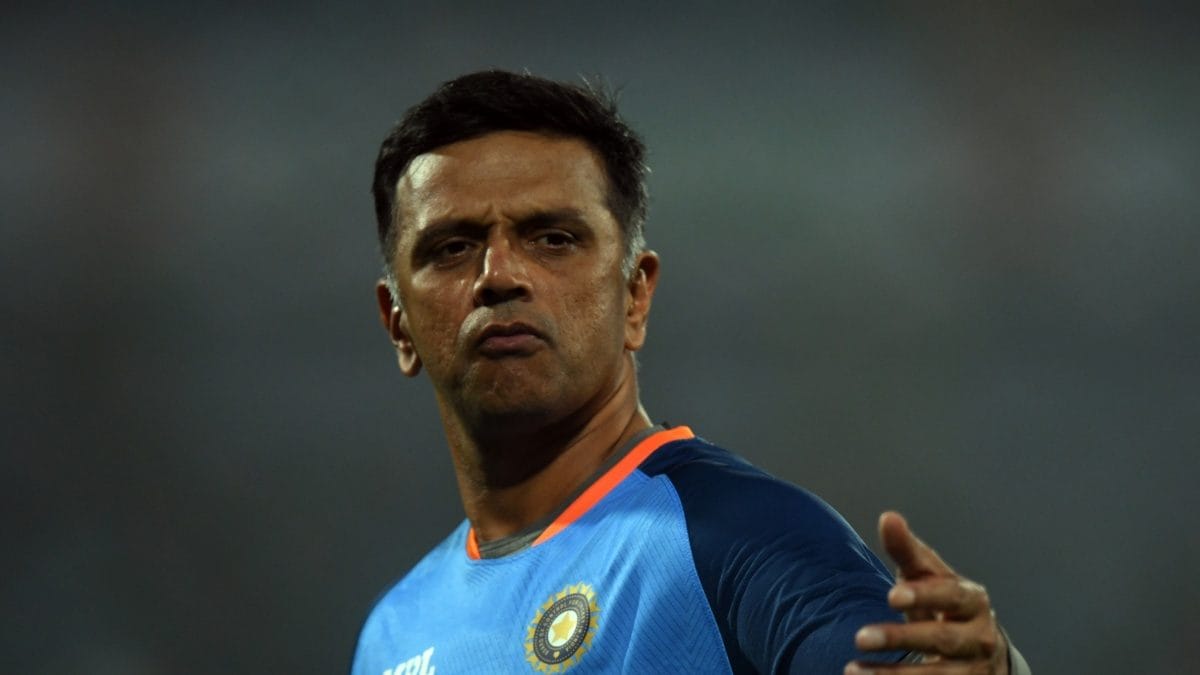If you find yourself in a see-sawing relationship with exercise and fitness jargon intimidates you, these coaches give you the bare bones truth about what to focus on. The main thing is to start now and to move as much as possible.
“Follow an easy pace that your body allows” — Ravinder Singh, 52, runner and event organiser, Delhi
coach_ravinder
In 2009, Ravinder Singh ran his first marathon at 42. The mechanical engineer-turned full time coach is a mentor to late beginners. “My youngest student is 30 years old,” he says.
“I think I can,” is the mantra Ravinder uses to convince his trainees, who include members of running and fitness communities from Delhi-NCR.
Ravinder says when he started running, a gym trainer suggested he strengthen his core and perform hind impact exercises, to better his performance. “It worked and I started advising my friends to do the same,” he says, on his journey to becoming the friendly neighbourhood coach.
His experience pushed him into the first edition of Pinkathon in 2013, when the president of Gurgaon Moms approached him for guidance. Ravinder formulated his ‘From Couch to 5 km in 10 weeks’ programme then.
“Eight women between 45 and 55 years joined the training and since then the number has only grown and many have graduated to different levels of running, for fun or competition,” he says. To keep the runners engaged and build strength, his training sessions include flipping tyres, pushing cars, or pulling a bike as well. The best way to start, he says is the
atta mein namak (salt in wheatflour) method. That is, if you do a 30-minute walk daily, then include five minutes of jogging or running and progress gradually. “But never be in a hurry; be regular,” he says.
“Discipline is a must to focus on what you want to achieve” — Karan Singh, 32, founder, Indian Track Club, Delhi and head coach Indian Track Foundation, Ooty
coach.karan
Karan Singh is very clear what he wants: medals for India. Over the last two years, he has been training 10 energetic Jharkhand tribal children between 10 and 16 years, two of who are on par with national athletes. The children are training for the 2024 or 2028 Olympic games.
Karan played for the under-14/16/19 Delhi cricket team but as a teenager always dreamt of becoming a champion athlete. With a knee injury and surgery setback when he was 17, he went on to train in athletics in the US. “But I realised I do not have the talent to win and decided to coach others with the training that I had received,” says Karan who before scouting for talented kids in tribal belts across the country also founded the Indian Track Club in Delhi as a means of sustenance.
Close to 75 children and adults attend his training camps to become better runners. While his trainees in Ooty follow a structured format to become top class athletes, those in Delhi join him for fun, fitness or competitive events.
“With both the groups my role as a coach is to handhold, mentor and manage their emotions. I am like a friend who can internalise their problems and inhibitions and help them to evolve,” he says. Karan’s mantra is to change lives for the better. “And that requires not just hard work and concentration but also good food, sleep, positive thoughts and environment,” he says.
“Low impact workouts are also awesome” — Vikram Menon, 35, Co-founder Wild Warrior Race, Chennai
vik.the.bullshark
Vikram Menon is on a mission: to build a sports culture in India. The two times junior national tennis champion, Vikram started off as a tennis coach before turning into a mentor for those who wish to improve their lives.
Four years ago, when Vikram went to donate footballs to an orphanage and watched the children play with much joy, it led him to establish a startup company Life is a Ball to promote physical education in schools. In the last three years he has worked with 150 government and private schools across 12 cities and trained 70,000 students, he says. His method “start with a simple assessment like how many middle school children can dribble a ball or are flexible enough to touch their feet, without bending the knees” and eventually trains them to recognise deeper abilities.
With the lockdown forcing closure of schools last year, Vikram shifted to online coaching and group sessions in parks with personal clients. More than 150 people aged between seven to 70 are on board with him.
According to his method, a functional movement-based session not driven by just exercises or constrained by time helps to achieve healthy results. The activities could include a combination of running, bending, stretching, yoga, meditation, gardening, laughter and more. “Workouts should be safe and not necessarily hard on you,” he says.






